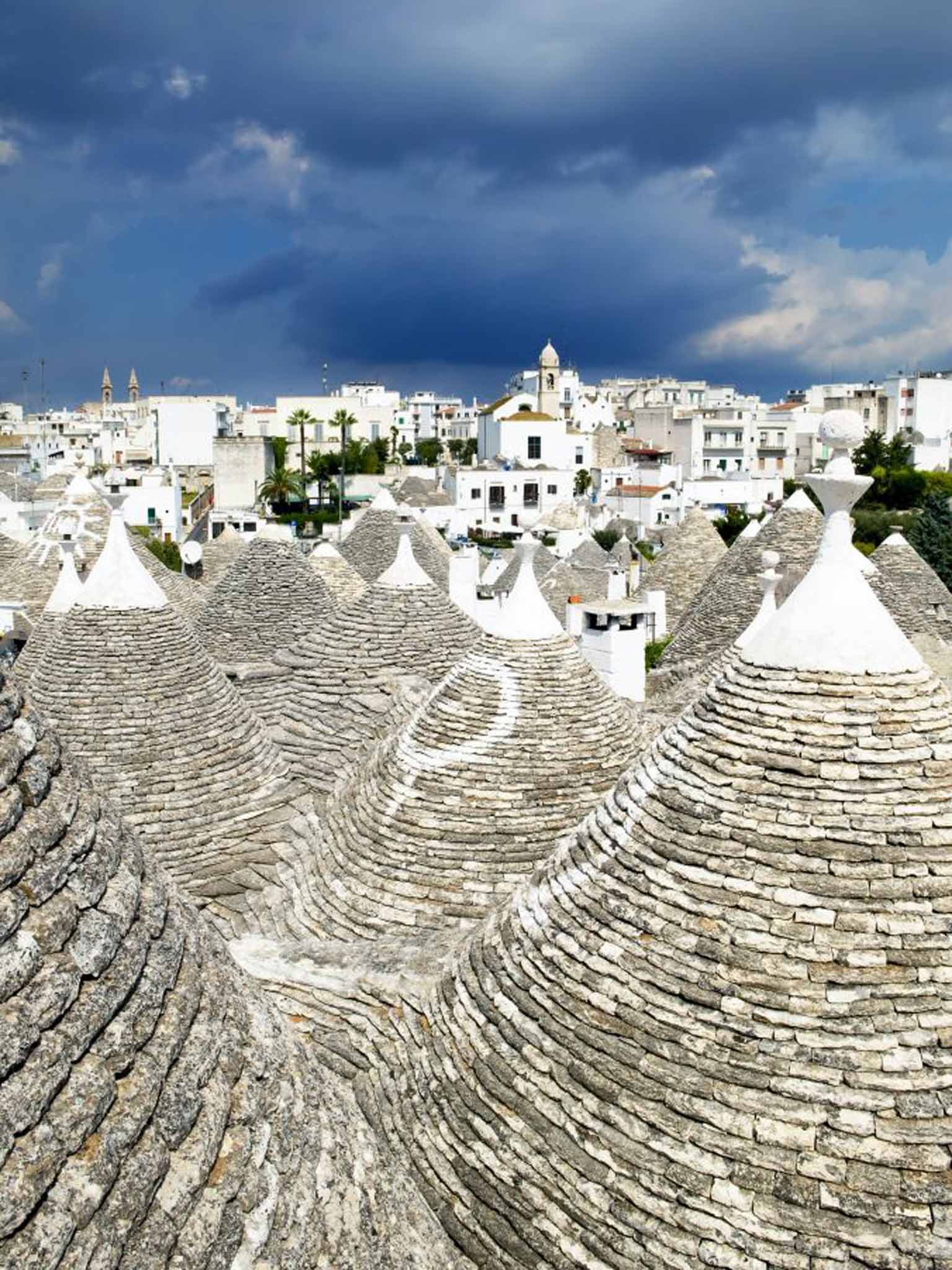UNESCO awards: A confusion of titles and sub-categories
The organisation has taken to handing out titles at a puzzling rate

Your support helps us to tell the story
From reproductive rights to climate change to Big Tech, The Independent is on the ground when the story is developing. Whether it's investigating the financials of Elon Musk's pro-Trump PAC or producing our latest documentary, 'The A Word', which shines a light on the American women fighting for reproductive rights, we know how important it is to parse out the facts from the messaging.
At such a critical moment in US history, we need reporters on the ground. Your donation allows us to keep sending journalists to speak to both sides of the story.
The Independent is trusted by Americans across the entire political spectrum. And unlike many other quality news outlets, we choose not to lock Americans out of our reporting and analysis with paywalls. We believe quality journalism should be available to everyone, paid for by those who can afford it.
Your support makes all the difference.What do The Beano, orange marmalade, Lemmings (the video game, rather than the rodents themselves) and aspirin have in common? They were all designed in Dundee. The diverse and significant achievements of Scotland's fourth-largest city were recognised officially by Unesco in December when it awarded Dundee the title of the UK's first City of Design, a title that draws it into the ranks of Berlin, Beijing and Buenos Aires.
It's high praise that will attract increased attention to the city's 30-year, £1bn waterfront regeneration project that includes a new V&A Museum of Design. But are Unesco titles in danger of semantic satiation?
The United Nations Educational, Scientific and Cultural Organisation, to give it its proper name, was founded 70 years ago to encourage "international peace and universal respect for human rights by promoting collaboration among nations". In the intervening years, its remit has included addressing climate change, preserving the oceans, and increasing education in developing countries. It has also raised funds to protect monuments and landscapes under the World Heritage Site programme, of which there are now more than 1,000 globally – 50 in Italy alone, from the trulli of Puglia to the Dolomite mountain range.
So far, so noble. But more recently, the organisation has taken to handing out titles that are both diversifying and proliferating at a puzzling rate. There are now 69 cities that fall into the organisation's Creative Cities Network, each categorised by themes of literature, film, music, crafts and folk art, design, media arts and gastronomy, which is where Dundee has found its star turn. This isn't to be confused with the European Commission's annual Capital of Culture programme (this year, Mons and Pilsen), nor the UK City of Culture, awarded by the Department for Culture, Media and Sport every four years (next up: Hull 2017). To complicate matters further, Unesco's Cultural Capitals programme works with the Arab League on a regional initiative that saw Constantine in Algeria take up the mantle of Arab Capital of Culture at the start of the year. Baghdad wore the crown in 2013.
Then there's Unesco's list of Intangible Cultural Heritage that protects anything from Chinese calligraphy to the tango, Turkish coffee and Catalonian human pyramids. What next, deep-fried Mars bars and dancing the hokey cokey?
Last month, Unesco representatives met the World Tourism Organisation in Cambodia for the first Conference on Tourism and Culture. Top of the agenda was working out a way of promoting the sustainable development of cultural tourism among the billion tourists that cross borders every year and "to create a new framework for collaboration between tourism and culture, which includes active participation of host communities, visitors, the public and the private sector".
Perhaps the key to this will be untangling the confusion of awards, titles and sub-categories and focusing instead on the original objectives of peace and understanding, something that we can all recognise and appreciate.
Join our commenting forum
Join thought-provoking conversations, follow other Independent readers and see their replies
Comments